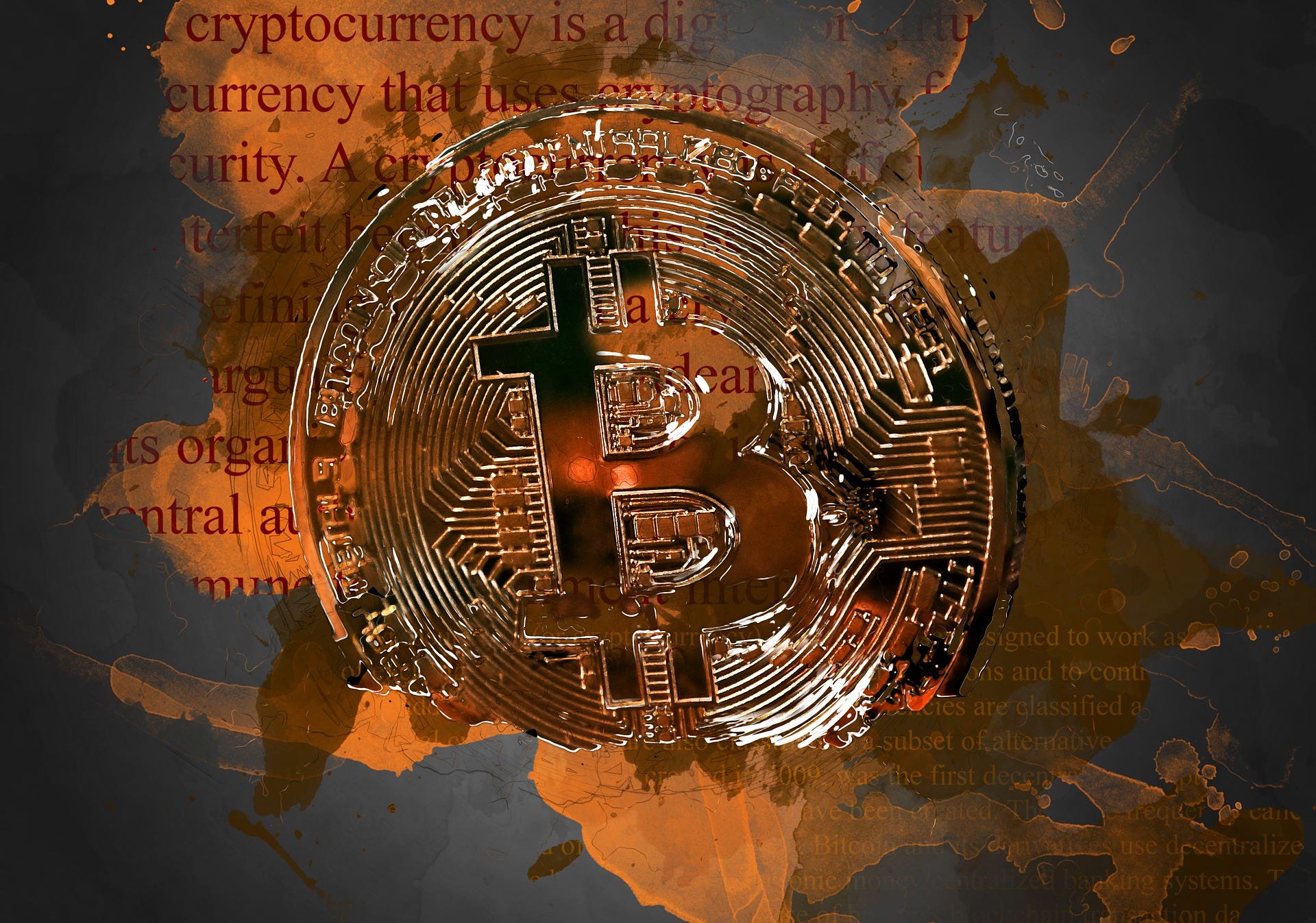PALO ALTO, Calif. (Reuters) - The Federal Reserve is looking at a broad series of issues around digital payments and currencies, including policy, style and legal factors to consider around possibly providing its own digital currency, Guv Lael Brainard said on Wednesday. Brainard's remarks suggest more openness to the possibility of a Fed-issued digital coin than in the past." By transforming payments, digitalization has the possible to provide higher worth and benefit at lower cost," Brainard said at a conference on payments at the Stanford Graduate School of Organization.
Main banks internationally are disputing how to handle digital finance innovation and the dispersed journal systems utilized by bitcoin, which assures near-instantaneous payment at potentially low cost. The Fed is establishing its own round-the-clock real-time payments and settlement service and is presently evaluating 200 remark letters sent late in 2015 about the proposed service's design and scope, Brainard stated.
Less than 2 years ago Brainard informed a conference in San Francisco that there is "no engaging demonstrated requirement" for such a coin. But that was before the scope of Facebook's digital currency ambitions were commonly understood. Fed officials, including http://reidjptq469.lucialpiazzale.com/derby-s-take-powell-continues-a-cautious-approach-to Brainard, have raised concerns about consumer securities and information and personal privacy hazards that might be postured by a currency that could come into use by the third of the world's population that have Facebook accounts.

" We are working together with other reserve banks as we advance our understanding of main bank digital currencies," she stated. With more nations looking into issuing their own digital currencies, Brainard stated, that adds to "a set of factors to likewise be making certain that we are that frontier of both research and policy advancement." In the United States, Brainard said, problems that require study consist of whether a digital currency would make the payments system more secure or simpler, and whether it might posture monetary stability risks, including the possibility of bank runs if money can be turned "with a single swipe" into the reserve bank's digital currency.
To counter the monetary damage from America's extraordinary national lockdown, the Federal Reserve has taken unprecedented actions, including flooding the economy with dollars and investing straight in the economy. The majority of these moves received grudging acceptance even from lots of Fed doubters, as they saw this stimulus as required and something only the Fed could do.
My new CEI report, "Government-Run Payment Systems Are Unsafe at Any Speed: The Case Versus Fedcoin and FedNow," details the dangers of the Fed's existing prepare for its FedNow real-time payment system, and propositions for main bank-issued cryptocurrency that have actually been called Fedcoin or the here "digital dollar." In my report, I go over concerns about privacy, data security, currency adjustment, and crowding out private-sector competition and development.
Advocates of FedNow and Fedcoin say the federal government needs to produce a system for payments to deposit instantly, rather than motivate such systems in the personal sector by raising regulatory barriers. However as kept in mind in the paper, the economic sector is providing a relatively endless supply of payment innovations and digital currencies to resolve the problemto the level it is a problemof the time space in between when a payment is sent out and when Visit this link it is received in a savings account.
And the examples of private-sector development in this location are lots of. The Cleaning House, a bank-held cooperative that has actually been routing interbank payments in various kinds for more than 150 years, has been clearing real-time payments considering that 2017. By the end of 2018 it was covering 50 percent of the deposit base in the U.S.